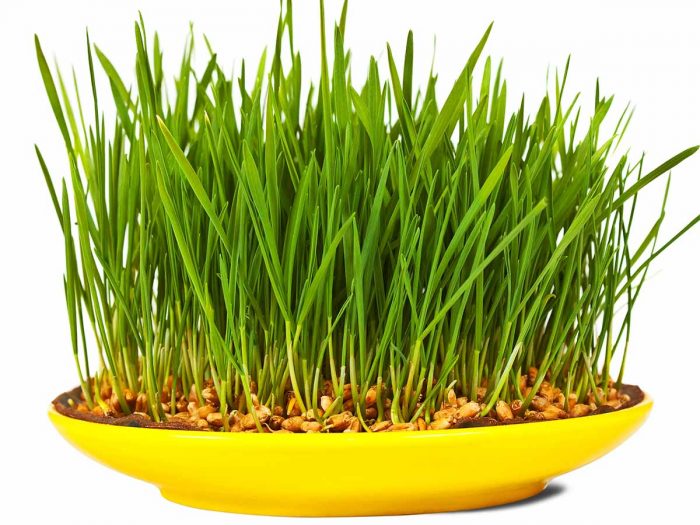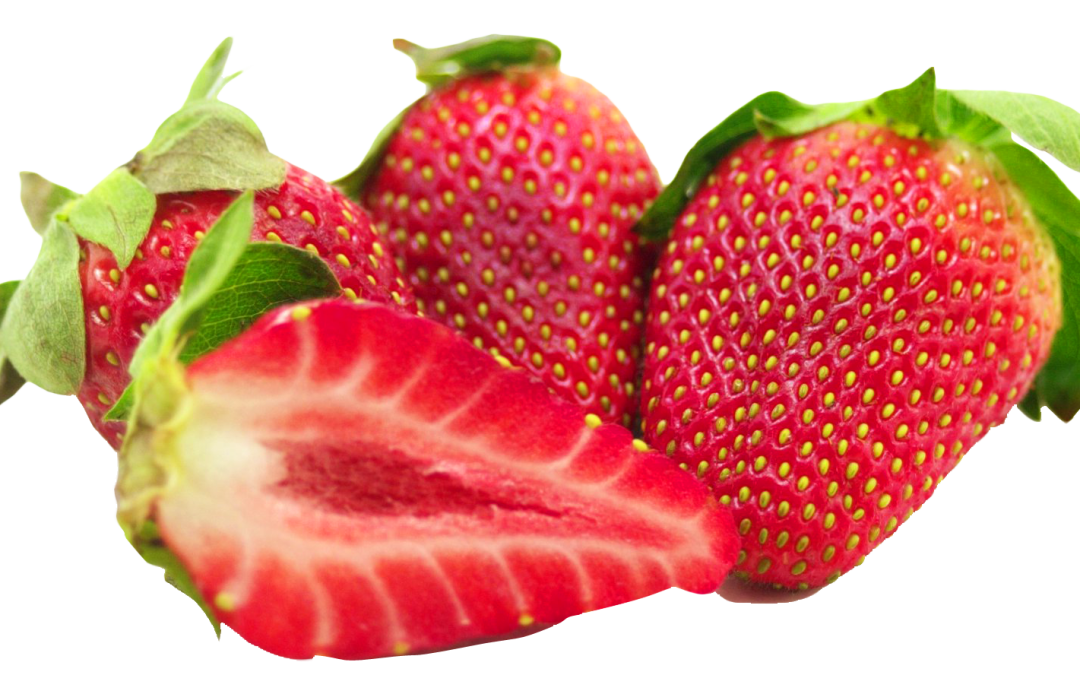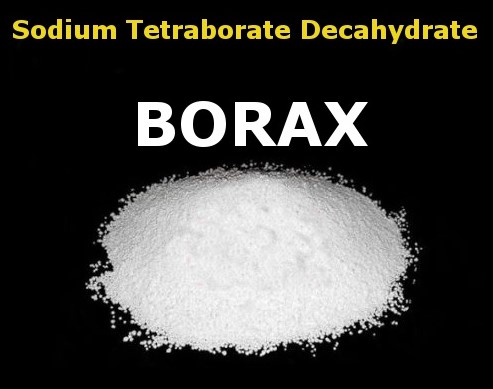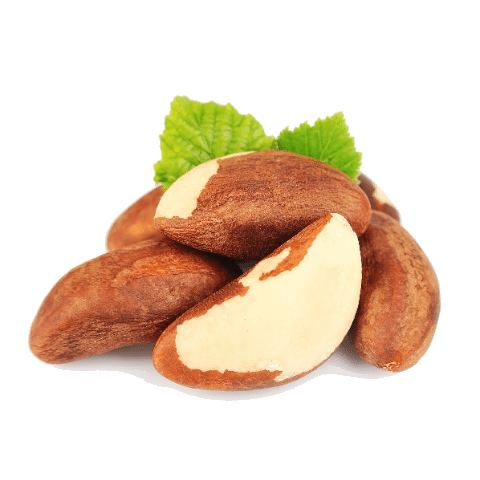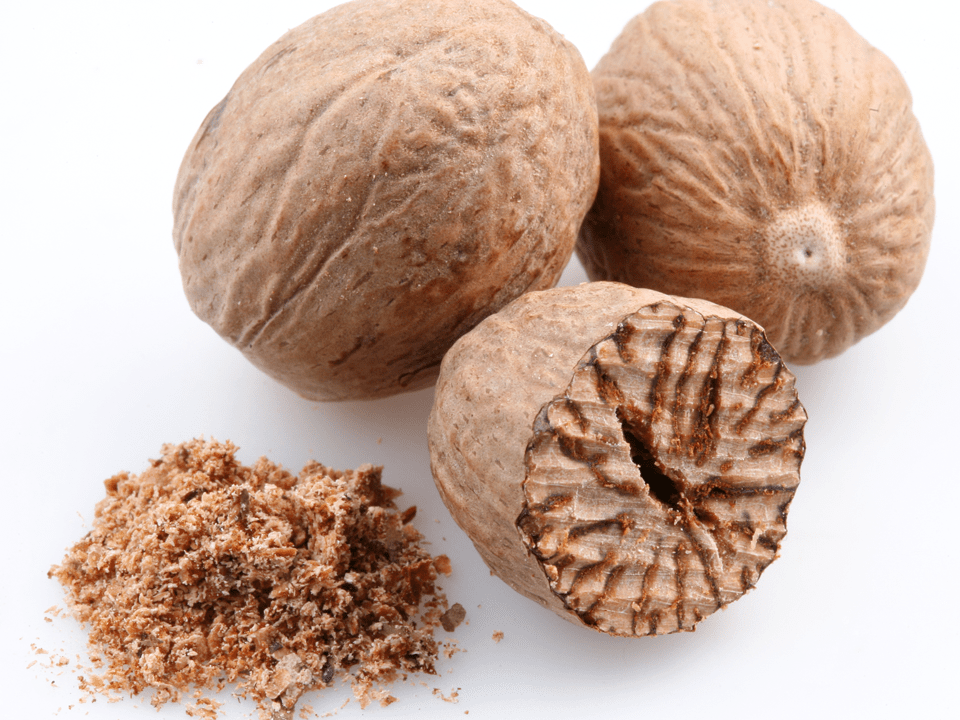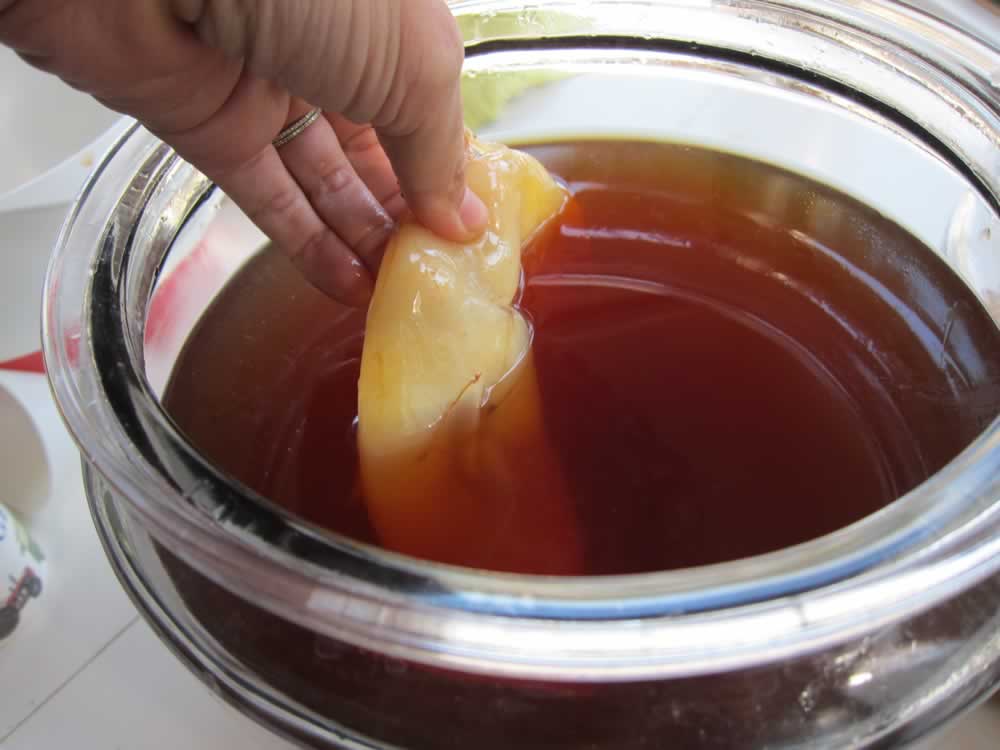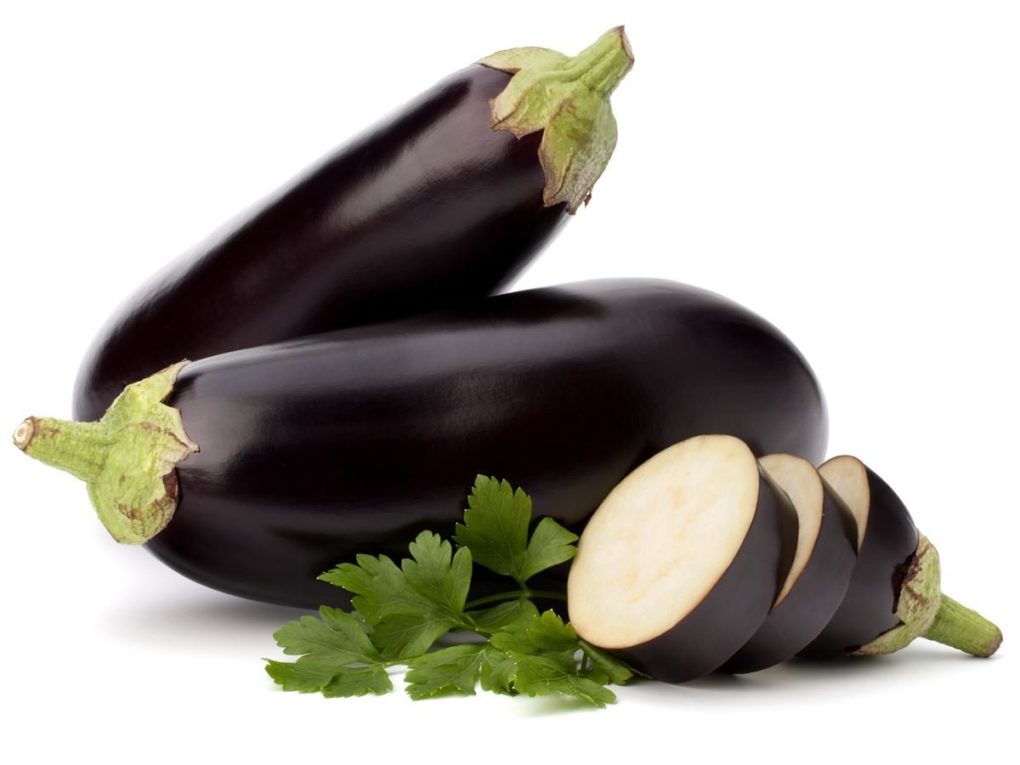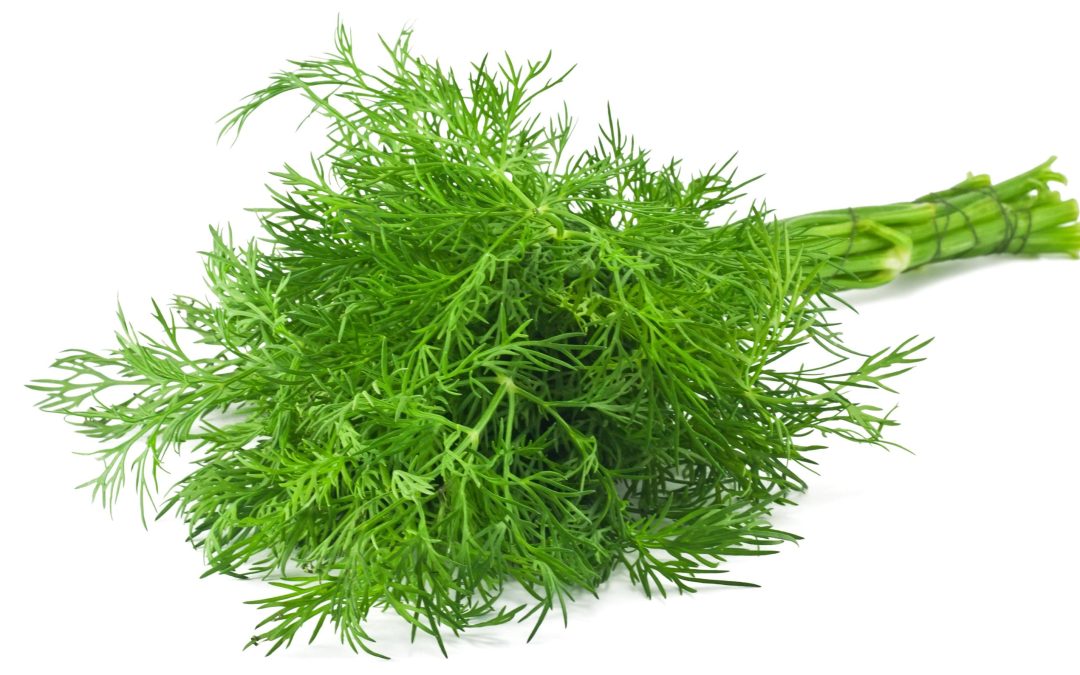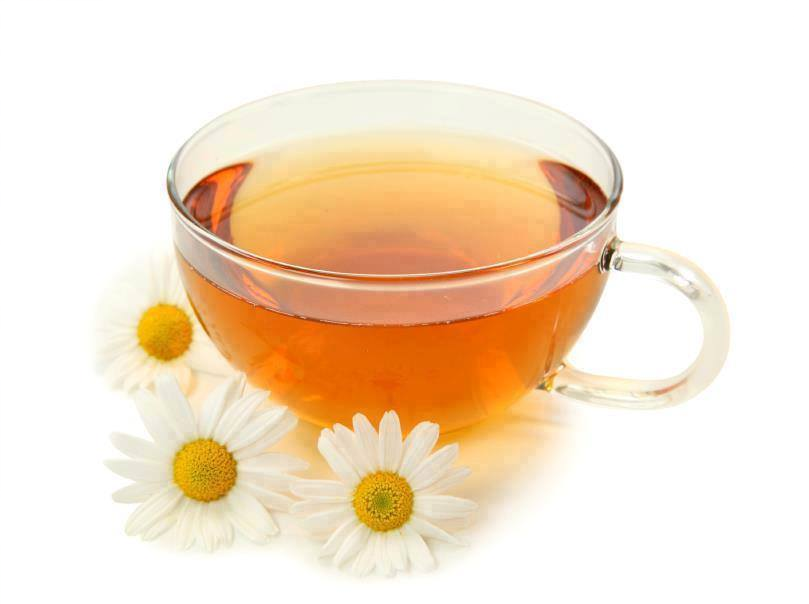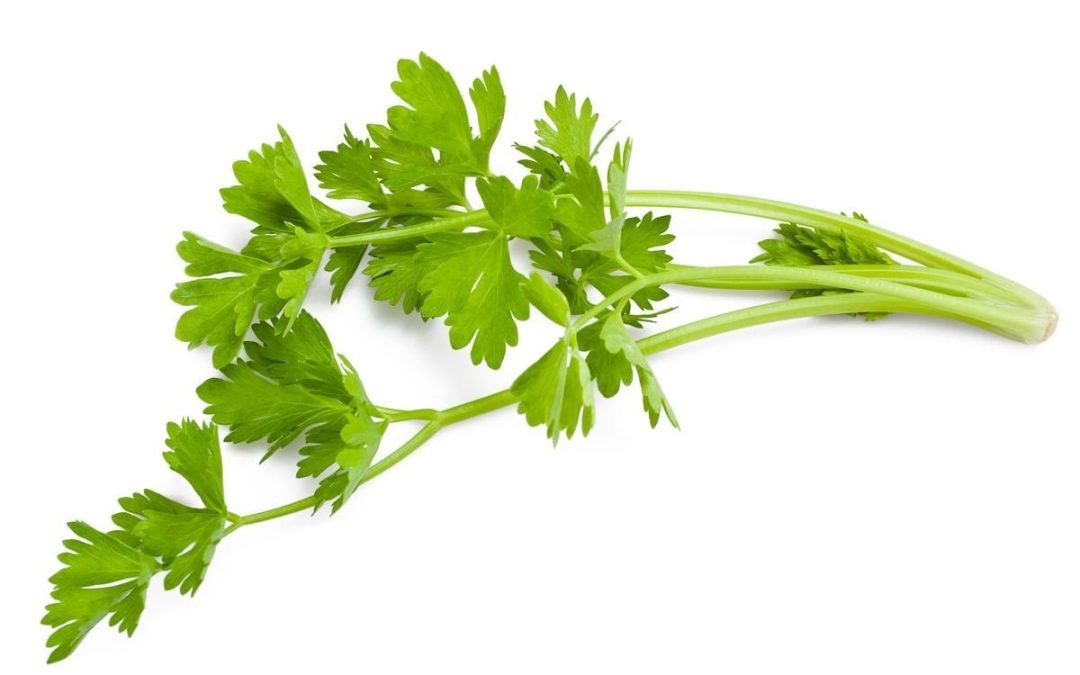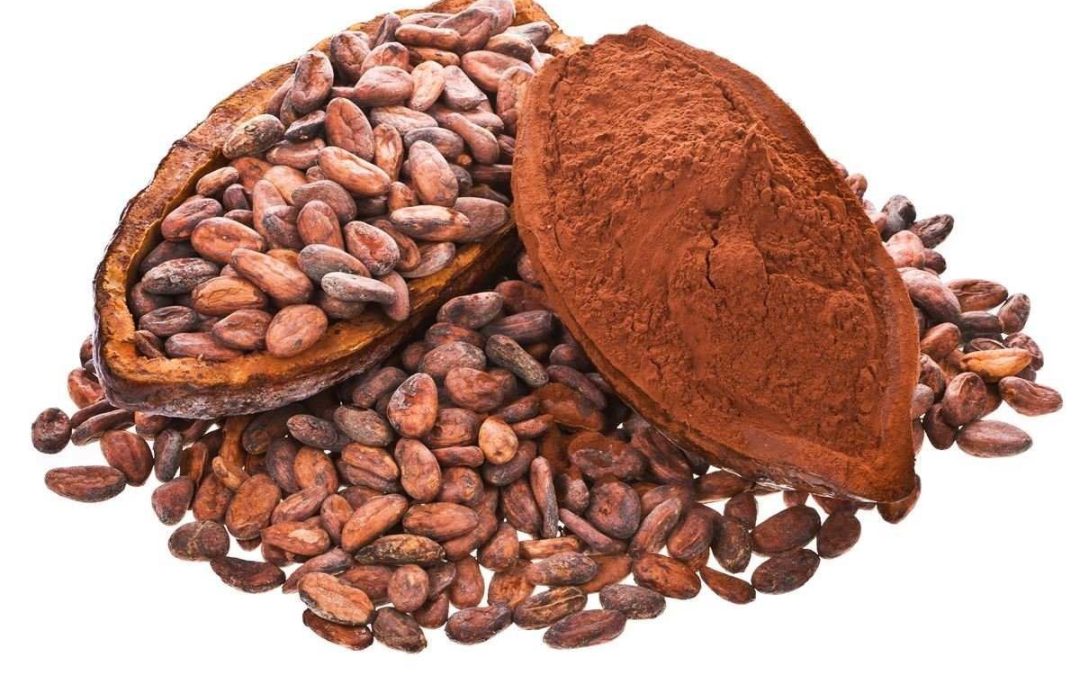| “Let Food Be Thy Medicine and Medicine Be Thy Food”– Hippocrates |
To what extent should we be using food to maintain our health and heal our body? According to nutritionist John Bagnulo, PhD, MPH, “Food—not supplements—should be where you get 98 percent of your nutrients.”
The founder and director of the Centre for Mind-Body Medicine, Dr. James S. Gordon, MD helped create the Food As Medicine approach 20 years ago. This program is presented to medical students at Georgetown University. He is of the opinion that whilst certain foods do have therapeutic qualities, it is vital to address the underlying issue of stress in order to cure many chronic health imbalances and ailments.
“Changing the diet along with dealing with stress is often far more powerful than medication,” he says. “And there are no side effects.”
James believes that Western doctors turn to medication too quickly. While he says that some advanced conditions require drugs, he’s seen excellent results over 40 years of working with food therapeutically.
“All you have to do is look at doctors like Dr. Dean Ornish, who has helped fight heart disease with simple changes to the diet along with yoga and stress management tools,” he says. Certain foods can be especially helpful for specific health conditions.
For example:
Low or high blood sugar
Cinnamon, as little as half a teaspoon daily, can help balance your blood sugar while reducing cravings. Add cinnamon to food along with a spoonful of vinegar to slow down the absorption of carbs and further balance blood sugar.
Depression/mood
Neurotransmitters are chemical messengers that influence our state of mind, and research indicates that to give our mood a lift, fermented foods are important. The bacteria in our gut (microbiota) thrives on probiotic-rich foods such as kimchi, sauerkraut, yogurt, kefir, and fermented veggies. We prefer goat/sheep yogurt or kefir.
Acne/skin damage
EGCG from green tea is protective against sun damage and is a powerful anti-oxidant. Sensitive skin-types should avoid dairy and soy. Use instead dairy alternatives such as coconut-, hemp-, and almond-based milks, yogurts and cheeses.
Chronic pain/fibromyalgia
Try buckwheat, (not a grain but a member of the rhubarb family) is rich in magnesium and malic acid – for those suffering from fibromyalgia or aching muscles. For pain and inflammation from sore muscles and joints try turmeric and ginger.
Indigestion/irritable bowel syndrome
Using natural digestive enzymes from either pineapple (bromelain) or papaya (papain) to help with digestion, or peppermint to calm an irritable bowel. Additionally, pineapple contains glutathione an antioxidant that is known to aid gut healing.
Alzheimer’s disease
A handful of sunflower seeds daily which is rich in vitamin e compounds (healthier than vitamin E supplements which have risks), helps to maintain brain health. A recent article in the journal Neurobiology of Aging on dietary and lifestyle guidelines for prevention of Alzheimer’s disease indicates that food truly is our best medicine.
Food as Medicine
How is this possible you might ask? Well, our forefathers certainly discovered that they could live off the land centuries before agriculture began! Today, herbaceous plants are included in many of our meals. Indigenous peoples across the world have a long history of using indigenous or native plants from a wide variety of medicinal purposes. These plants and their applications are as diverse as the tribes that use them.
Beyond their medicinal benefits, indigenous plants were a staple of the indigenous people’s diets and are today central to efforts to improve dietary health for current generations – especially in countries such as Hawai’i. In Hawai‘i, the “Waianae Diet” and “Pre-Captain Cook Diet” aim to reduce empty calories, fat, and additives and promote a healthier, more balanced diet by restoring the role of indigenous foods. Alaska Natives and various Native Indian tribes have similar projects emphasizing traditional foods. In this very real sense, food is medicine.
The Indigenous Americans are taught to respect their foods, honour them and pray for their return. “Plants or animals, these foods feed the body and the spirit, providing a powerful connection to the land and a sense of self”, states the Native Food Systems Resource Centre.
Bangladesh has a rich traditional plant-medicine use, drawing on Ayurveda and Unami medicine. These practices are translated in different ways into people’s homes. What is consumed as a food and/or a medicine also varies between individuals, generations and families, age, education and availability of both plants and biomedicine.
A cornerstone of the DBM Natural Health Practices is that food is the best medicine. Many medical conditions can be treated more effectively with foods than by other means, with fewer complications and side effects.
This section of the website shows the benefits and medicinal uses of foods in general. It is a selection of specific foods, supplements and herbs that DBM use most frequently.
Perhaps more than anything else in our lives, the foods we regularly eat help determine whether or not we will become ill, or remain healthy into older age – vegetables, fruit, oils or grains, foods contain influential substances including antioxidants, phytonutrients, vitamins, minerals, fatty acids, fibre and much more.
Nutrient deficiencies and toxicity from a poor diet are linked to nearly all modern health conditions. John Hopkins University reports that some 80 percent of cancer patients are believed to be malnourished, and that treatments used to battle cancer (like chemotherapy) only increase the body’s need for nutrients and very high-quality foods even more. You probably already know that diabetes and heart disease (currently the No. 1 killer in the U.S. and most industrialized nations) are also illnesses that are highly influenced by one’s diet — and the same can be said for allergies, autoimmune disorders like arthritis, thyroid disorders and many more.
The expanding field of Nutrigenomics (also called Nutritional Genomics) is devoted to studying how food influences gene expressions and contributes to either health and longevity or to disease and earlier death. The principles behind nutrigenomics can be summarized in several key points: genes play a role in disease development and prevention; a poor diet can be a serious risk factor for many diseases; nutrient deficiencies and toxic chemicals in low-quality foods have an effect on human gene expressions; each person is different in terms of how much their genes/health are impacted by their diet; and a healthy but also personalized diet can be used to prevent, mitigate or cure chronic diseases.
The way DBM implements Nutritional Therapy is through eliminating those foods which are known toxins and triggers for dis-ease. By eliminating these foods, the body is already in a healthier state, and can begin the repair process to restore balance…..
| DBM COMMENTThere are literally HUNDREDS of fruits and veggies that benefit the body – we see these foods as MEDICINE. Eat from the rainbow, eat whole foods, eat raw, eat well, eat clean…. The BEST medicine in the world. |
Some of the ways that medicinal foods specifically act like natural protectors against disease and help to slow the effects of aging, include:
Decreasing & Controlling Inflammation
Inflammation is the root of most diseases and a major contributor to the effects of aging. Inflammation is a response from the immune system when the body perceives it’s being threatened, and it can affect nearly every tissue, hormone and cell in the body. Research also shows that “obesity has a strong inflammatory component,” a problem that now affects nearly two-thirds of all adults in the U.S.
Balancing Hormones
Hormones affect every part of health, from your energy and cognitive abilities to your body weight and sex drive. Abnormal hormonal changes contribute to accelerated aging, diabetes, obesity, fatigue, depression, low mental capacity, reproductive problems and an array of autoimmune diseases.
Alkalizing the Body
The human body keeps a tight grip on its internal pH level, working hard to keep it around a pH of 7.36. Studies show that when it comes to the pH and net acid load in the human diet, “there has been considerable change from the hunter-gather civilization to the present.” Processed, low-quality foods make the body more acidic and allow diseases to thrive more easily. An alkaline diet (high in plant foods that are detoxifying) helps with cellular renewal and might promote longevity.
Balancing Blood Glucose (Sugar)
Diabetes and weight gain are tied to poor insulin response and other hormonal changes. Poorly managed blood sugar levels due to consuming high amounts of sugar and processed carbohydrates can lead to cravings, fatigue, neurological damage, mood disorders, hormonal balances and more. To sustain normal blood sugar, experts recommend that low-glycemic and non-processed carbohydrates take the place of refined, empty calories and added sugar.
Detoxifying & Eliminating Toxins
Toxicity is tied to poor digestive health, hormonal changes and decreasing liver functioning. In modern society, we are bombarded by chemicals from our diet and environment that contribute to inflammation, autoimmune diseases, infertility, hypothyroidism, fibromyalgia, and so on.
Improving Absorption of Nutrients
Many of today’s illnesses are due to nutritional deficiencies and high rates of free radical damage. The majority of processed convenience foods are stripped of their natural nutrients or at least partly manmade, packed with synthetic ingredients and preservatives but very low in vitamins, minerals, antioxidants, fiber and enzymes.
Adapted From Article – Dr.Axe.com
Food as Medicine: Preventing and Treating the Most Common Diseases with Diet.
Graphics used with permission: pharmacognosy.com





